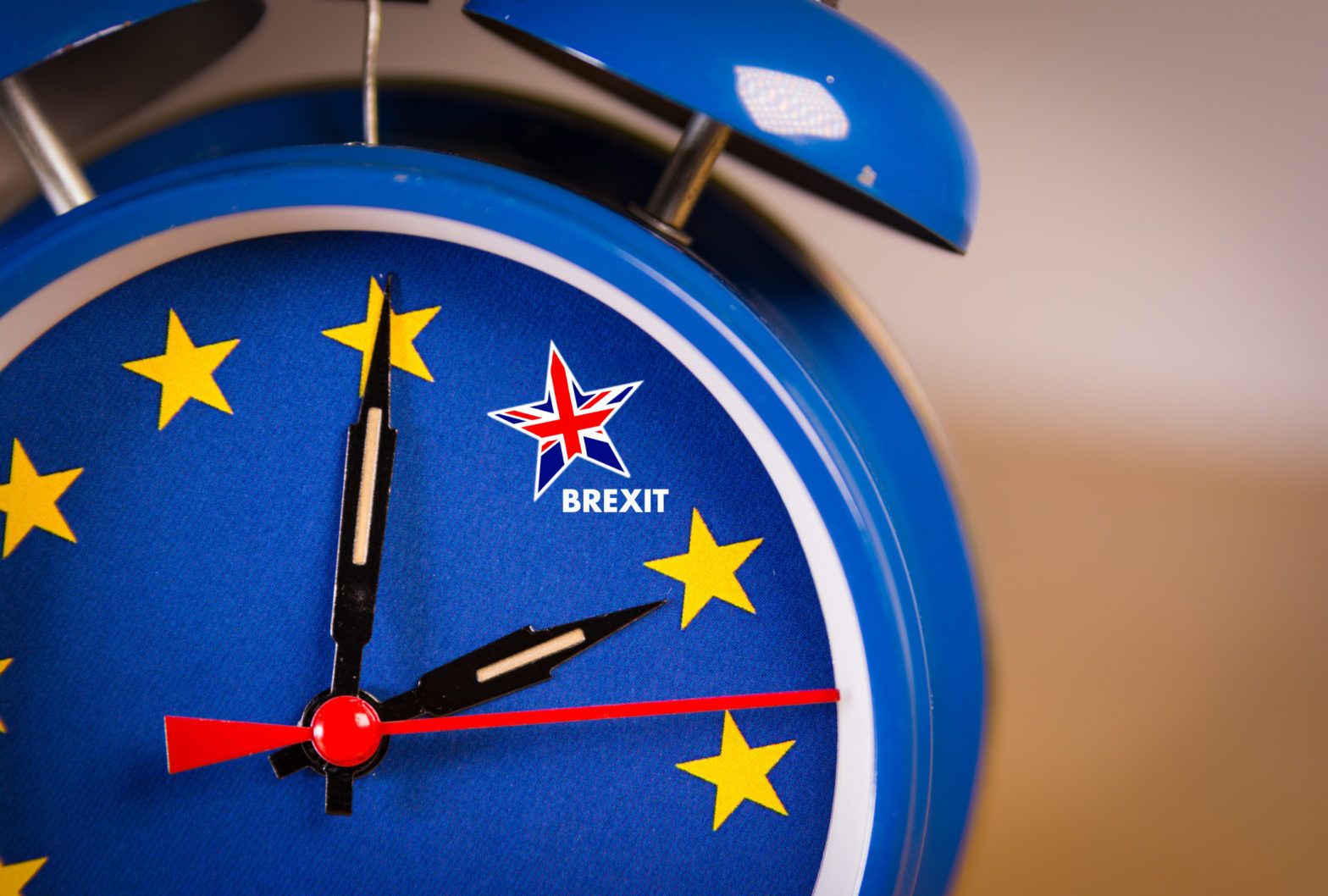The rising uncertainties that have been dominating financial markets over recent months (and more acutely recent weeks) are likely to fade, and attention will soon turn towards the relative clarity of 2021, writes Neil Staines, a senior portfolio manager at Eurizon SLJ Capital.
At the centre of global uncertainty have been four key topics:
- the aggressive second wave of the global covid-19 pandemic (where the efficacy of the Pfizer and Moderna vaccine trials boosted hopes),
- the US presidential election,
- Brexit and,
- the global (though US and European-centric) fiscal response.
The next week will be critical in defining this path out of uncertainty – most specifically in the Trump administration’s efforts to overturn what is essentially a media crowning of Joe Biden, and in determining the extent and cordiality of the future trading relationship between the EU and the UK.
Over the coming weeks, while we expect that there will be a further significant step in the diminution of these core uncertainties, it is worth reminding ourselves of the sage advice of Harold Wilson, that “a week in politics is a long time”.
Still special?
In many respects, the past few weeks have led to a deeper entwining of two of these factors: the US elections and Brexit.
There has been much written on the implications of Brexit – more specifically the implications of a Biden administration on the ‘special relationship’ status between the US and a post-Brexit UK – and what that means for the likelihood (or perhaps more pertinently the speed) of a US/UK trade deal.
Further, it is not clear whether the statements from Biden (and Pelosi) in support of the Good Friday Agreement (and opposition to the controversial Internal Market Bill) are further complicating factors for the UK’s negotiating position with the EU.
While there may well be an argument for a ‘slower’ path to a trade deal with a Biden-led US, it is by no means clear that it would be a less beneficial one – as close ideologies on multilateralism, climate change, covid-19 and significantly defence would argue.
Not to mention the fact that the Biden administration is likely to seek membership of the Trans-Pacific Partnership – a process towards which a newly independent UK is already on the way towards, following its sovereign trade deal with Japan.
Perceived pressure from a Biden Administration may reduce the ability of Johnson to resist closer alignment to environmental and social protections, in the hope of a fast US trade deal that more rigid regulations may have prevented under Trump.
But it may also mean that such areas are less of a barrier to a trade deal with Biden.
Though differences remain in the treatment of data, it is likely that the position of the UK is more aligned to the US than the EU in this regard – as the collapse of the Data Privacy Shield agreement in July, likely attests.
Dragging Brexit over the line
Early last week, it emerged that negotiations were likely to miss the latest (mid-November) deadline, and that EU diplomats now expect negotiators to present a deal in the middle of this week, “unless talks yield breakthrough or collapse earlier”.
It also came to light that Brexit was on the agenda for 18 November Ambassadors meeting.
We continue to see a deal as the most likely outcome; a deal that perhaps gives more than either side would have liked, or a deal that offers less than either side would have wanted.
However, at this late stage, it is clear that failure to reach even this ‘skinny’ deal will be politically injurious for both sides.
From our perspective, the prospects of a trade deal with the EU are still high.
2021
The requirement for UK concessions on level playing field, state aid and governance commitment will be clear, but it is not clear that this has been significantly altered by the prospect of a Biden-led US.
Furthermore, following the UK’s decision to unilaterally grant the EU financial ‘Equivalence’ – an important factor – I would also expect that UK concessions to criteria for a deal should be sufficient for the EU to grant UK equivalence, though likely not until after the deal is ratified.
The UK’s path out of the EU has taken far longer and has ultimately been more complicated and volatile than perhaps anyone expected.
However, we remain optimistic that a deal can and will be done, and that this means there remains further upside for GBP – against both USD and EUR.
After years of uncertainty regarding the UK’s position within Europe, this really is the final countdown.
This article was written for Expert Investor by Neil Staines, a senior portfolio manager at Eurizon SLJ Capital.







